After accumulating 5.5 hectares of agricultural land, Mr. Nguyen Van Du, Tram Lo ward, invested in building a pig farm with 7 rows of barns, an area of nearly 1,000 m2 / row to raise breeding pigs. The farm raises about 500 - 600 sows, supplying the market with about 12,500 - 15,000 suckling pigs each year. Taking us to visit the farm, Mr. Du said: “The family has just invested in a system of automatic feeding and drinking troughs, fans and feed mixers for pigs... The barn is monitored by cameras so we can proactively regulate food and water, helping the animals grow well, reducing the risk of disease, and reducing costs by about 10-15% because we don't have to hire workers. The family also focuses on selecting quality breeds, fully vaccinating, and applying biosafety farming processes to protect the farming environment and limit disease.
|
The closed livestock farming model helps the farm of Mrs. Ngo Thi Ngan's family, Rung Dai village, Tam Tien commune, strictly control diseases and improve economic efficiency. |
Delco Farm, Ninh Xa ward, has a scale of 6 hectares, with an investment cost of more than 60 billion VND, including 2 hectares of water surface for fish farming; 2 high-performance egg-laying chicken farms, 7,300 m2 of greenhouses for growing Japanese melons (yield of about 50 tons/year); 1,000 m2 of greenhouses for growing vegetables using hydroponics. The farming system at the farm is managed by computer software, limiting the use of labor, ensuring high product quality. All products produced by the farm have a traceability code (QR code) to check their origin.
Mr. Le Khanh Manh, General Director of Delco Farm Company said: “Unlike some businesses when participating in the high-tech agricultural sector, they often look for foreign technology, Delco Farm chooses the opposite direction. That is, the farm is installed with monitoring software, automatic control and integrated Internet of Things (IOT), all done by Delco engineers and Vietnamese partners. This helps the Company reduce input costs, creating favorable conditions for expanding production scale”.
Delco farm has brown-shelled chicken eggs, Hyline breed, made in Vietnam, raised in a closed system, fed, watered and vaccinated automatically, certified by the Center for Laboratory Analysis Services in Ho Chi Minh City. The product has been certified by the Institute of Animal Husbandry to meet GlobalGAP and VietGAP standards, and is currently distributed through the Company's retail system and a number of domestic agents.
The farm specializing in raising breeding chickens of Mrs. Ngo Thi Ngan's family in Rung Dai village, Tam Tien commune has a scale of 10,000 parent chickens; each year supplying the market with millions of breeding chickens, but the entire operation of the farm only requires 2-3 workers to manage. Mrs. Ngan said: In addition to the system of 3 electric furnaces for incubating eggs, the farm also invested in a cooling fan system, feeding troughs, drinking troughs, and automatic cage cleaning. Currently, every day the farm provides domestic and foreign breeders with 4,500 - 5,000 breeding chickens with guaranteed quality, trusted by domestic and foreign breeders.
The province currently has 3,000 livestock farms, of which 9 are granted VietGAP certificates, 11 livestock and poultry farming chains associated with slaughter and processing; 160 contracted livestock farms are part of the chain of large companies; 5 livestock enterprises have been granted certificates of high-tech agricultural enterprises by the Provincial People's Committee. |
Currently, most livestock farm owners in the province have focused on applying science and technology to production. According to Deputy Director of the Department of Agriculture and Environment Nguyen Hong Quang, in recent years, the Department of Agriculture and localities in the province have encouraged people to develop livestock farming in a concentrated, medium and large scale. In particular, focusing on applying science and technology to production such as closed barn technology, automatic feeding and drinking troughs, biological bedding, using waste treatment technology... contributing to reducing production costs and improving economic efficiency in livestock farming. The whole province currently has 1,895 farms applying closed barn technology, automatic feeding and drinking troughs. Of which, 6 livestock farms have automated the entire production process, 300 livestock farms apply information technology in managing breeding herds. The work of improving and enhancing the quality of livestock breeds has been promoted such as high-yielding super-lean pigs with 3-4 foreign blood; Super meat and super egg chicken, duck and goose breeds; native livestock breeds such as Mia chicken, Ho chicken, Dong Tao chicken, fighting chicken, ri chicken, wild boar... are preserved, restored and bred for production with high economic efficiency, contributing to the conservation of rare animal gene sources.
The province currently has 3,000 livestock farms, of which 9 are granted VietGAP certificates, 11 livestock and poultry farming chains associated with slaughter and processing, and 160 livestock farming farms of large companies such as CP, DABACO, ANT Hoa Phat, RTD, MAVIN, Hai Thinh; 5 livestock enterprises under DABACO Vietnam Group Joint Stock Company were granted the Certificate of High-Tech Agricultural Enterprise by the Provincial People's Committee.
To meet the demand for breeding stock, localities have promoted the application of science and technology in artificial insemination, storage, protection of genetic resources, and good organization of parent stock management to produce commercial breeds... Most F1 hybrids after being born by this method are 20-30% taller than local livestock breeds.
However, according to the assessment of the Department of Animal Husbandry and Veterinary Medicine, the scale of household livestock farming still accounts for about 60 - 70%, the barn system mostly takes advantage of the area in the family garden, so livestock farmers have not focused on investing in machinery and technology due to large investment capital, limited access to science and technology, making it difficult to apply in practice... Therefore, the Department of Agriculture directs localities to promote the transfer and application of science and technology in livestock farming, thereby focusing on developing key products with advantages and high competitiveness in the market. Create conditions for livestock farmers to access preferential loans to expand scale, invest in closed barns, apply high technology in production; access new breeds with high productivity and quality. Attract businesses to invest in livestock farming, organize production linkages between stages in the value chain to reduce production costs, increase added value, develop sustainably and increase product value. Strengthen propaganda and dissemination of regulations of the Law on Animal Husbandry and the Law on Veterinary Medicine; use breeds of clear origin, and fully vaccinate against diseases according to regulations.
Article and photos: Nguyen Tuan
Source: https://baobacninhtv.vn/bac-ninh-ung-dung-cong-nghe-cao-nang-tam-chan-nuoi-trang-trai-postid430042.bbg


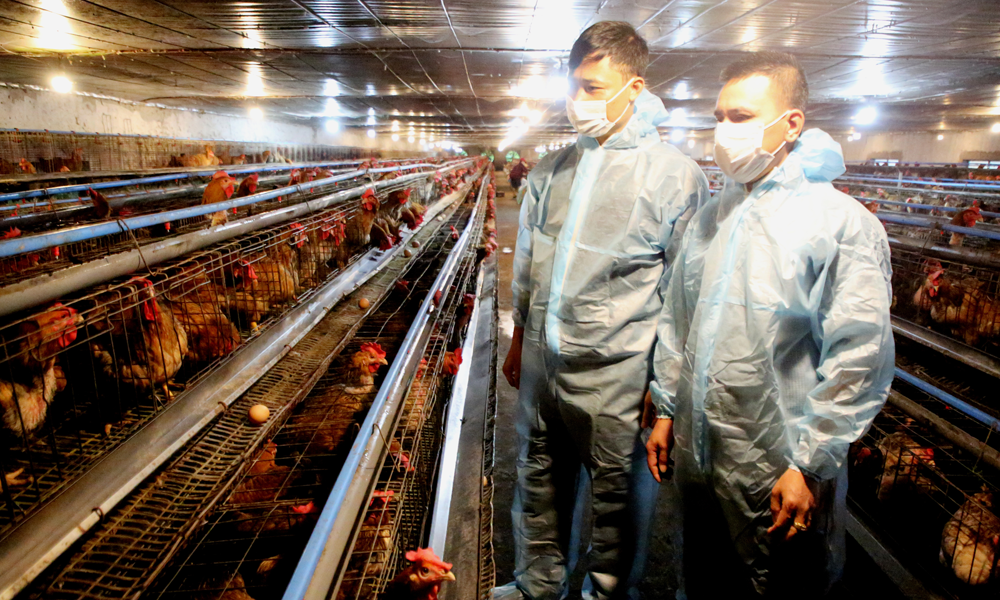

![[Photo] Da Nang: Water gradually recedes, local authorities take advantage of the cleanup](https://vphoto.vietnam.vn/thumb/1200x675/vietnam/resource/IMAGE/2025/10/31/1761897188943_ndo_tr_2-jpg.webp)



![[Photo] Prime Minister Pham Minh Chinh attends the 5th National Press Awards Ceremony on preventing and combating corruption, waste and negativity](https://vphoto.vietnam.vn/thumb/1200x675/vietnam/resource/IMAGE/2025/10/31/1761881588160_dsc-8359-jpg.webp)
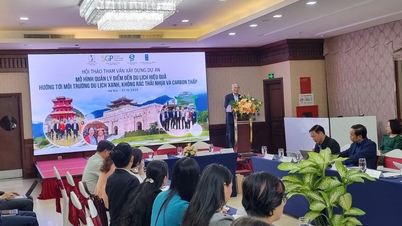

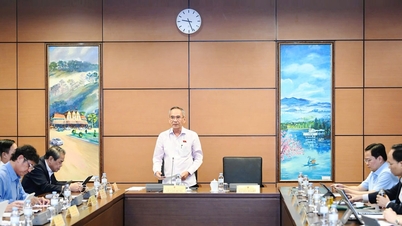

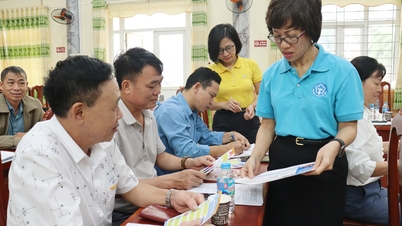
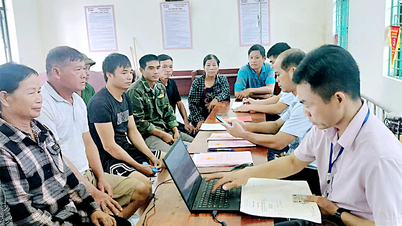
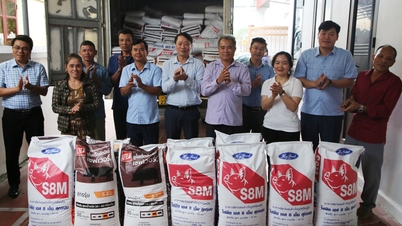
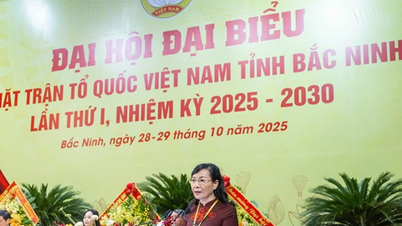

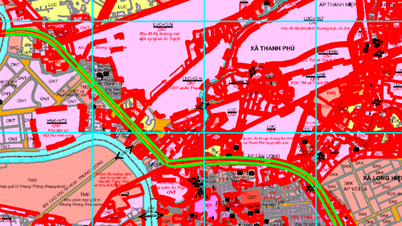




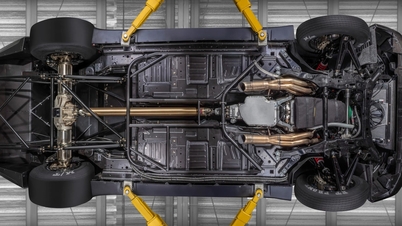

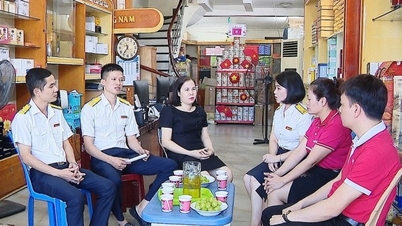





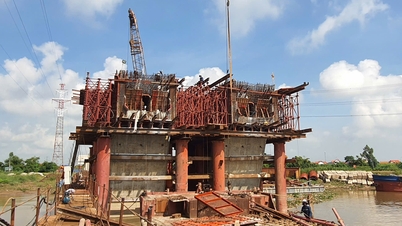
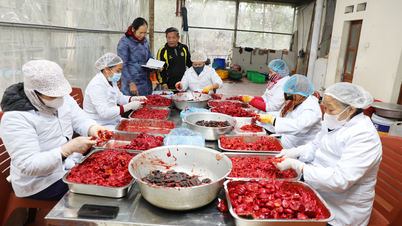
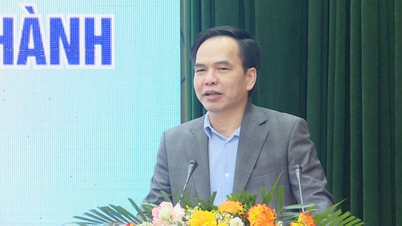


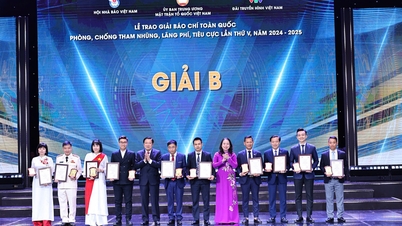





































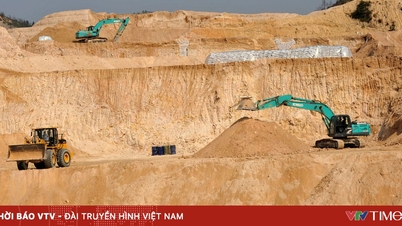


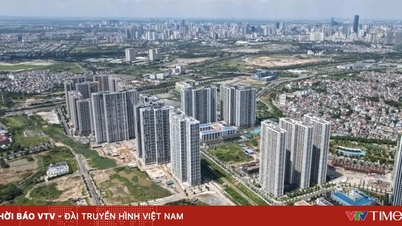





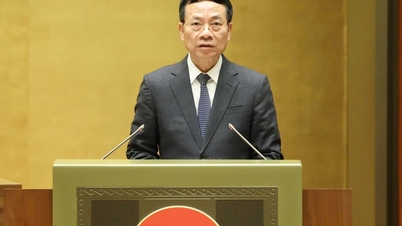
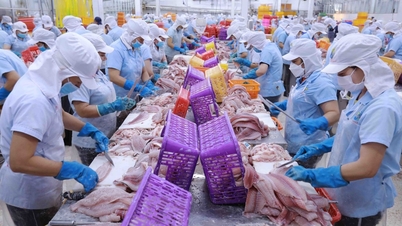
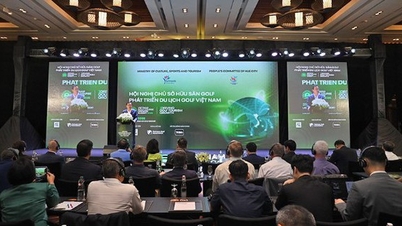

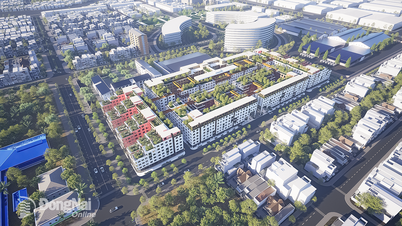

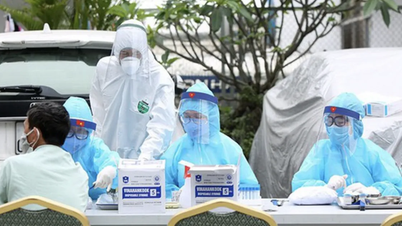
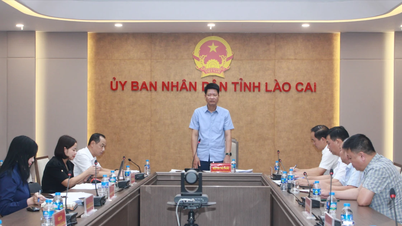

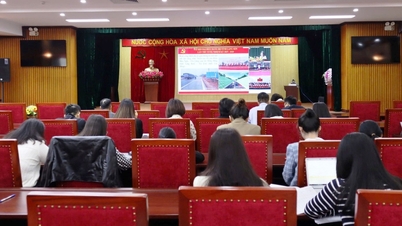
















Comment (0)